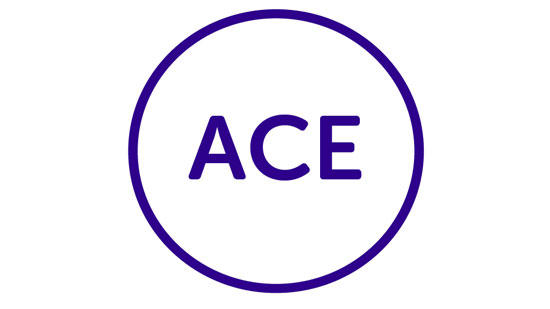About the ACE Programme

Contact the team
We send out a regular ACE News
The ACE Programme works collaboratively to support innovation across cancer pathways.
Our ambition is to Accelerate, Coordinate and Evaluate a range of innovations being taken across the UK, with the aim of building a body of evidence that supports healthcare commissioners and providers to select the most impactful approaches.
The recent merging with the Cancer Policy Research Centre to form Policy & Implementation Research (P&IR) provides an exciting opportunity to renew our focus.
P&IR is responsible for commissioning and delivering research that supports our policy objectives - across the main themes of prevent, diagnose and treat and across the cancer pathway.
The programme aims to develop the knowledge base on innovations that improve cancer pathways, evaluating and spreading good practice. The goals are to support:
- A shift from late to early diagnosis of cancer at stages I & II
- A decrease in cancer diagnoses via emergency presentations
- An increase in patients receiving curative treatments
- Improvements in overall patient experience.
The ACE approach is designed to accelerate the pace of change. It provides evaluations of innovations in real-world settings, which offer ideas and evidence to those looking to improve local cancer pathways.
ACE was initiated in 2014 and continues today. The programme is organised into a series of ‘waves’, each with its own objectives and cohort of projects.
Wave 3 (March 2019 - ongoing)
Wave 3 focuses on reducing unwarranted variation in treatments offered to patients diagnosed with lung cancer. We are currently exploring a range of factors that contribute to this variation, from why patients may choose not to undergo surgery to biases in the design of local health systems.
Using a case-study approach, ACE will develop a compendium of best practice approaches that can help resolve some of these root causes of variation.
Wave 2 (August 2015 - April 2019)
ACE Wave 2 piloted a novel Multidisciplinary Diagnostic Centre (MDC) based pathway for patients with non-specific but concerning symptoms through five pilot projects. The research brief was determined up-front to meet policy priorities, with the project cohort formed from an open-call for participants. The pilots have now completed but analyses are ongoing.
Find out more about our non-specific symptoms work here
Wave 1 (August 2014 - March 2018)
ACE Wave 1 comprised a 60-project portfolio of innovations, that either sought to identify individuals at high risk of cancer earlier (e.g. lung health checks) or to streamline diagnostic pathways (e.g. for lung and colorectal cancer). The portfolio was formed from an open-call for expressions of interest and consequently was built bottom-up, reflecting the priorities of local health professionals.
Explore innovations from our previous projects here
The ACE team evolved its own theory of change model to support the design and execution of its programme of work. This model can also be used to assess the impact or contribution ACE makes to it’s goals, tracking outputs through to outcomes.
ACE Programme Theory of Change
Improving overall patient experience of cancer diagnostic pathways is one of the core aims of the ACE Programme. Involving people affected by cancer in service (re-)design initiatives is recognised as an important means of achieving this.
Involving patients in service improvement activities
A qualitative analysis of the ACE programme service improvements projects was conducted by Dept. of Health’s Cancer Policy Research Unit, which offers insight on how effective the development and implementation processes were.
Realist evaluation of the ACE Programme 15 16
ACE was originally set up in 2014 by Cancer Research UK, Macmillan Cancer Support and NHS England, in support of Waves 1 and 2.
We understand collaboration and partnership is essential to innovation and are always open to new and exciting opportunities.
We're now on twitter.Join the conversation and follow us for news, updates and opinion. |
@CRUKHCPs |
Last reviewed
Check out our recent blog post on how healthcare leadership should perhaps focus on the conditions of their innovative idea instead of the specific details in order to facilitate the most effective change
The ACE team has its own theory of change model to support the design and execution of it's work. This model can also be used to assess the impact and contribution ACE makes to it’s goals, outputs and outcomes.
